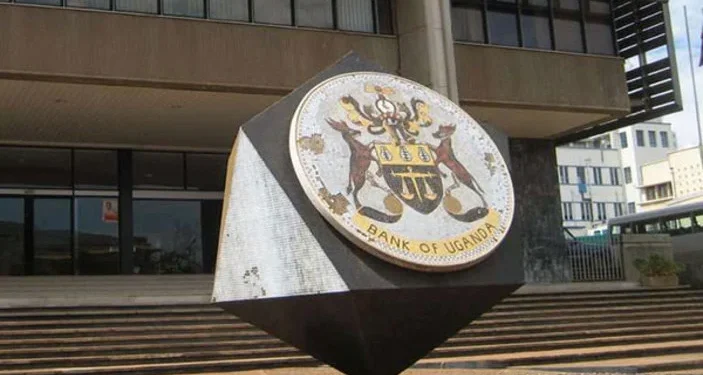The Bank of Uganda’s Monetary Policy Committee (MPC) maintained the Central Bank Rate (CBR) at 10.25% at its June meeting.
- Headline inflation rose to 3.6% in May from 3.2% in April 2024 primarily due to rising healthcare, education and transportation service costs and price increases of liquid and solid fuel.
- Services inflation rose to 6.2% from 5.4% while electricity, fuel and utilities rose to 9.5% from 7.4%.
- According to the MPC, the inflationary pressures have been eased by “tight monetary conditions, declining global inflation, and a favourable domestic food supply.”
The monetary authority said that considering upside risks to inflation, it was necessary to maintain the CBR as is, with the goal of containing the inflation rate within the mid range target of 5%. The rise in headline inflation was lower than expected, largely due to the easing of exchange rate pressures on the Ugandan shilling. The relative stability of the currency, according to the MPC, has benefited from recent CBR increases and inflows from robust coffee exports owing to favorable international coffee prices.
The MPC also noted recent favorable weather conditions leading to good food crop harvests, higher government and private sector investment in the extractive industry and government intervention programs which could boost economic activity in the near term. Among the risks its not is a possible continued weak private sector credit growth “due to tighter domestic financing conditions.”
“Furthermore, like several other countries, Uganda faces decreased capital inflows, headwinds to export growth, and heavy external debt servicing partly due to rising global interest rates. This, combined with declining budget support, has resulted in declining international reserves,” the MPC said in a statement signed by Deputy Governor Michael Atingi-Ego.
“Coupled with concerns over debt affordability and constrained financing options, this has led to a downgrade of the country’s sovereign credit rating, though with a stable outlook, reaffirming that these challenges are short-term,” he added.
The decision means that banks will continue to offer rates of between 13.25% and 14.25%.




